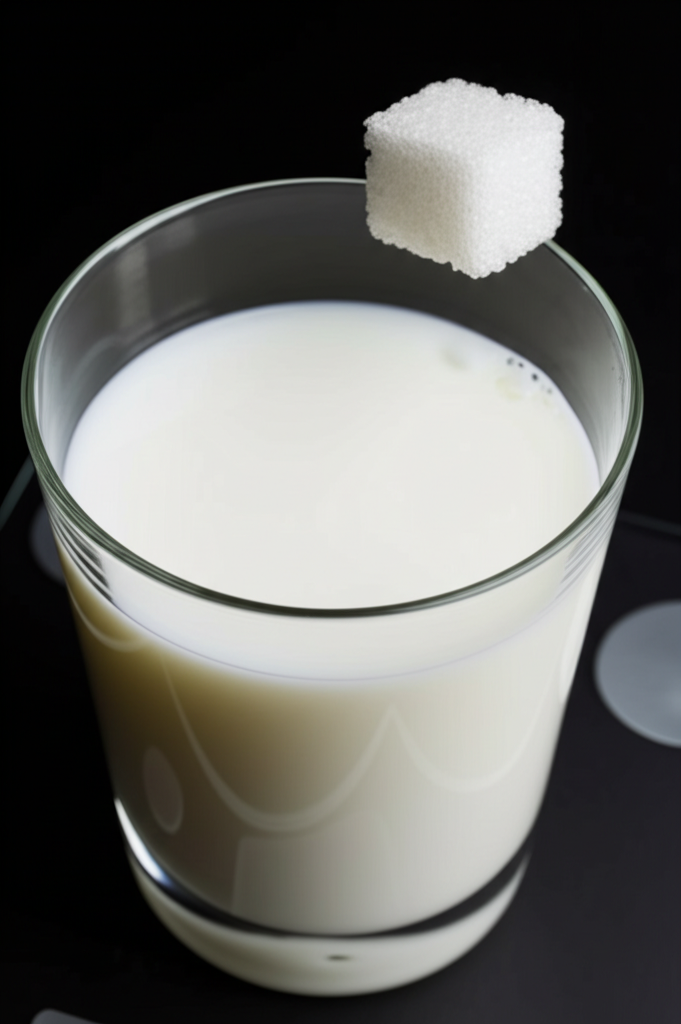For years, experts have observed the detrimental effects of cow’s milk on weight management, diabetes control, and overall health. Research and practical experience with hundreds of thousands of individuals have consistently demonstrated that eliminating cow’s milk can be beneficial for those seeking to lose weight or manage diabetes.
While milk is often marketed as a healthy and essential food, particularly for children’s development, the reality is more complex. Cow’s milk is naturally high in carbohydrates due to its lactose content. Lactose, a type of sugar, is highly addictive. Studies have even shown that drug dealers sometimes use lactose to cut heroin, leveraging its addictive properties to enhance the drug’s appeal. This addictive quality can lead to unconscious dependence on milk, even in adulthood.

Scientific studies further reveal potential risks associated with milk consumption. A 20-year study involving 40,000 participants, published in the British Medical Journal, found that individuals who consumed three or more glasses of milk daily had a higher mortality rate and increased risk of fractures. This contradicts the common belief that milk strengthens bones. Interestingly, the same study indicated that fermented milk products like cheese and yogurt, which have lower lactose levels, were associated with reduced mortality and fracture rates. The consumption of milk has also been linked to an increased risk of prostate cancer in men.
Additional research, such as a study led by Dr. Lanou and published in The American Journal of Clinical Nutrition, has connected milk consumption to various health concerns, including a higher risk of ovarian cancer, type 1 diabetes diagnosis (especially in children), and multiple sclerosis. Milk consumption has also been shown to elevate levels of insulin-like growth factor, a hormone associated with increased cancer risk, and raise cholesterol levels. Furthermore, the galactose present in milk, a byproduct of lactose, has been identified as a pro-inflammatory agent. Many individuals also experience difficulty digesting lactose. There is a correlation between milk consumption, acne, allergies, and diabetes in children.
Fortunately, there are healthier alternatives to cow’s milk. Unsweetened almond milk and coconut milk are low-carb options that can support weight management, diabetes control, and overall well-being. These alternatives offer a way to enjoy milk-like beverages without the potential health risks associated with cow’s milk.



